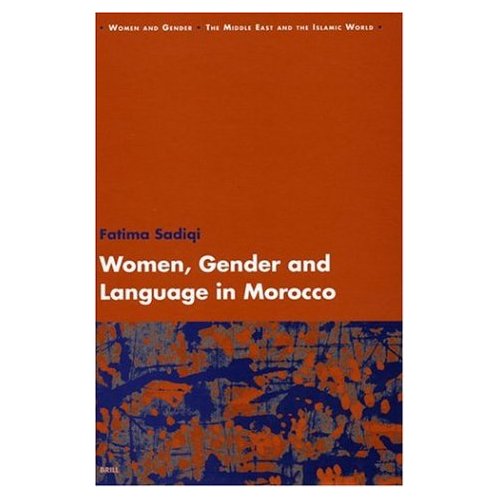Gender and Language
How can we make language more considerate to gender? In all languages, there is a tendency for the superiority of the use of the masculine. In French for example, when using plural in a sentence involving female and masculine subjects, the masculine takes over. Language is not only a means of communication. It is also the reflection of a cultural identity. And a cultural identity is not solely composed of female, or male members. Alternatives have been sought: In Spanish, for example, experts recommend using, for instance, “el pueblo andaluz” (the andalusian people) instead of “los andaluces” (masculine), which excludes “las andaluzas” (feminine).El País, “Ni miembros ni ‘miembras'”: El Parlamento Europeo propone un rígido manual de estilo para acabar de una vez con el uso sexista de la lengua, article by Ricardo M De Rituerto, published online on 18/03/09, available here: www.elpais.com/articulo/internacional/miembros/miembras/elpepiint/20090318elpepiint_4/Tes
An example: gender and language in Morocco
“Women, Gender, and Language in Morocco” explains the strong relationship between language and culture.
 Morocco, a multilingual and multicultural country, is a perfect example for this topic. This book explores the idea that an understanding of gender perception and women’s agency can be achieved only by taking into account the structure of power in a specific culture and that language is an important component of this power. “In Moroccan culture, history, geography, Islam, orality, multilingualism, social organization, economic status, and political system constitute the superstructures of power within which factors such as social differences, contextual differences, and identity differences interact in the daily linguistic performances of gender. It also refers to the fact that Moroccan women are far from constituting a homogeneous group; consequently the choices available to them vary in nature and empowering capacity, thus ‘widening’ the spectrum of gender beyond cultural limits”.Sadiq, F.i (2003), “Women, Gender, and Language in Morocco”, https://books.google.fr/books/about/Women_Gender_and_Language_in_Morocco.html?id=yOyHWEtePycC&redir_esc=y
Morocco, a multilingual and multicultural country, is a perfect example for this topic. This book explores the idea that an understanding of gender perception and women’s agency can be achieved only by taking into account the structure of power in a specific culture and that language is an important component of this power. “In Moroccan culture, history, geography, Islam, orality, multilingualism, social organization, economic status, and political system constitute the superstructures of power within which factors such as social differences, contextual differences, and identity differences interact in the daily linguistic performances of gender. It also refers to the fact that Moroccan women are far from constituting a homogeneous group; consequently the choices available to them vary in nature and empowering capacity, thus ‘widening’ the spectrum of gender beyond cultural limits”.Sadiq, F.i (2003), “Women, Gender, and Language in Morocco”, https://books.google.fr/books/about/Women_Gender_and_Language_in_Morocco.html?id=yOyHWEtePycC&redir_esc=y
References
See Also
- Nu shu: The Secret Language of the Chinese Women


